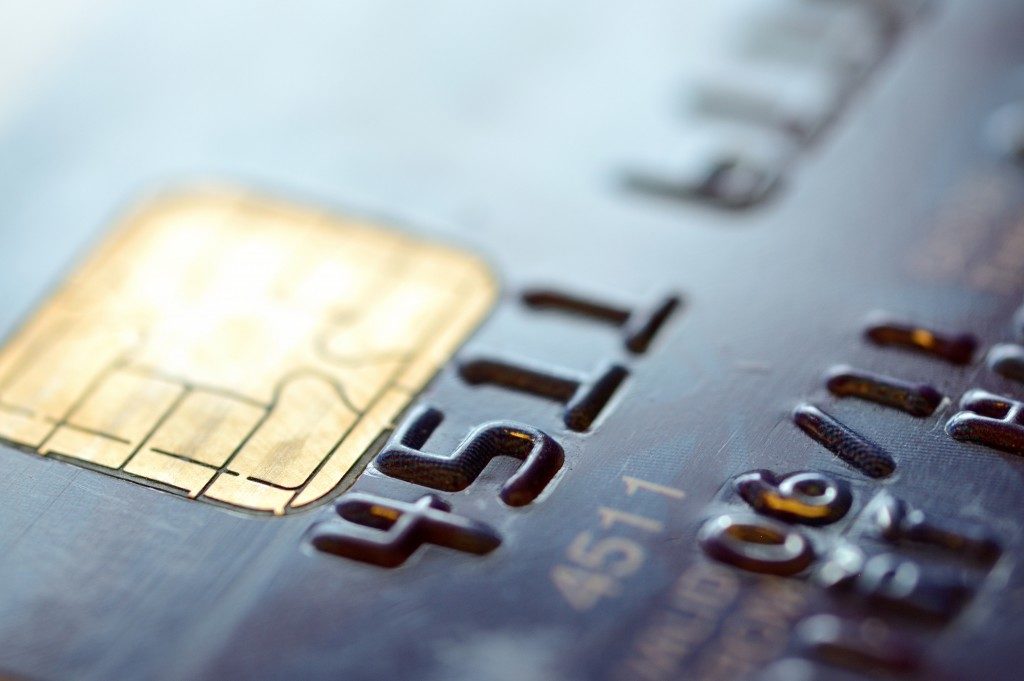Having excellent credit is the dream of average American consumers. If you belong to the elite group of people with FICO scores of 800, you can buy cheap insurance with comprehensive coverage, negotiate for affordable rent more successfully, get hired more quickly, and qualify for a low-rate mortgage in Utah, Arizona, or wherever you live in the country.
There is no denying that having excellent credit is super hard. Even professionals in the field of finance find it a somewhat unattainable goal. Regardless of your line of work or income, you can have FICO scores that other people will envy.
The road to unquestionable creditworthiness is simple. Here are the things you can do to join the 800-point club sooner rather than later:
Do Not Let Past Due Balances Be 30 Days Late
Anyone familiar with the nuts and bolts of the FICO scoring model knows that punctual payment carries a lot of weight. You should not be behind with your bills, or else you risk losing a large number of credit score points.
If you can’t avoid being late, though, do not fret. Missing a due date will not reflect on your credit reports as long as the minimum payment is settled no more than 30 days. The unpaid balance will affect your level of debt, which is a credit risk factor itself, but your credit will not be dinged if you pay the least amount of money within the grace period.
Keep Your Credit Utilization Rates Below 10%
Not maxing out your credit card limits will make FICO happy, but keeping your per-card and total credit usage ratios less than 10% will make it happier. According to a 2012 study done by FICO, consumers with scores above 785 have an average credit utilization of 7%.
The lesson is to use your plastic to write your payment histories, but do not buy or pay for most of the things on credit. If you can’t avoid using your credit card for some reason, zero out or keep the balance below the threshold before your credit card issuer updates your information with the credit bureaus, which is usually 30 days after the end of the billing cycle.
Avoid Canceling Old Credit Cards Unnecessarily

Closing an old credit account means losing the positive payment history that comes with it and reducing the average age of your active accounts. Unless you have a compelling reason for doing so, like removing negative payment marks from your credit reports, keep your old credit card alive.
Spend Less Time Rate Shopping
If you have too many hard inquiries on your credit reports, FICO will not take it against you as long as they were done within 45 days. All of them will count as one, thanks to a concept called “deduplication.”
Before you consider applying for any credit, make sure to commit to it to qualify in as little time as possible. Otherwise, shopping for interest rates can hurt your credit more than you expect.
Excellent credit and perfect FICO scores are used interchangeably, but they are not strictly the same. Gathering 800 points is good enough to make it to the excellent credit score range, so you do not need to aim for 850 points.




